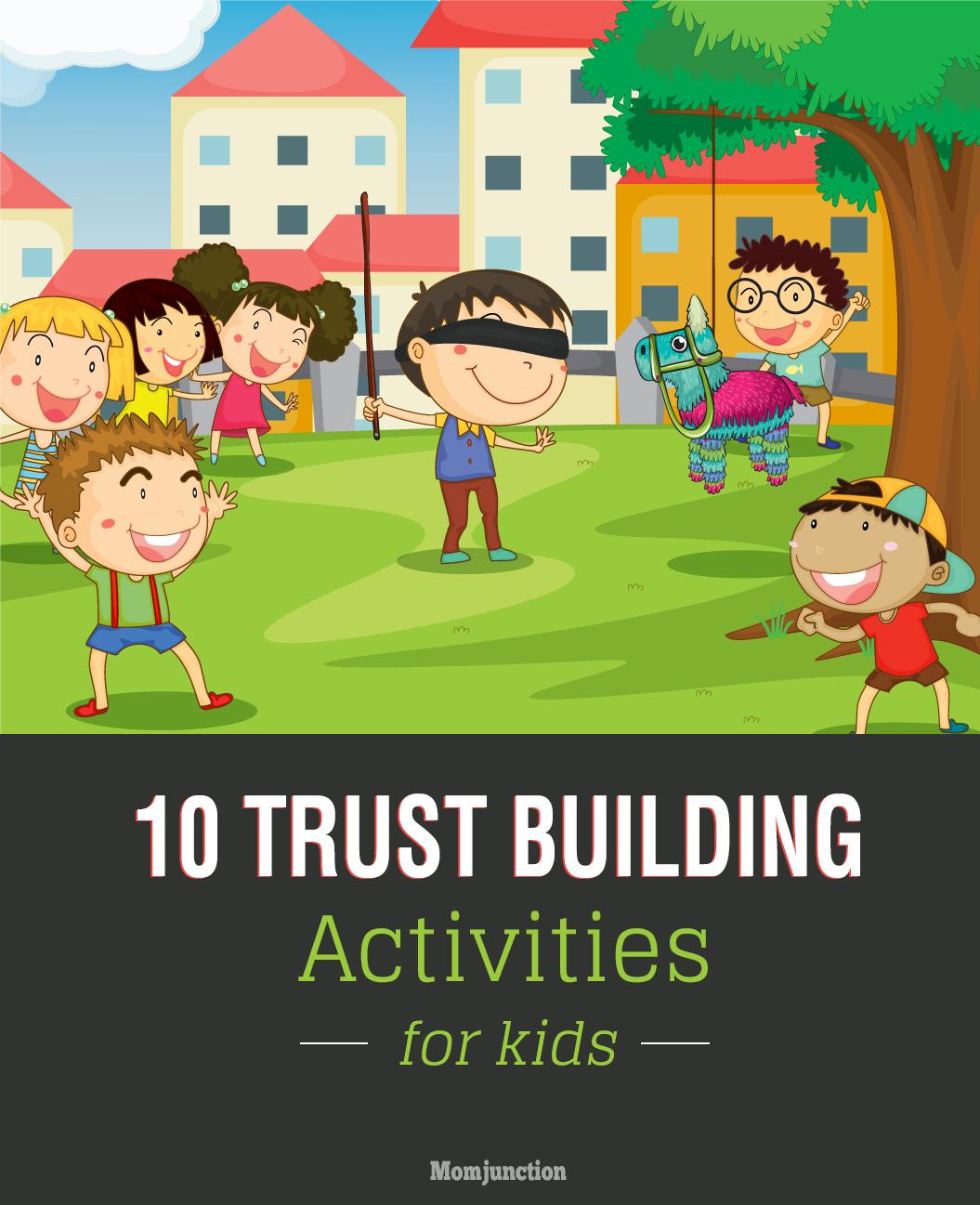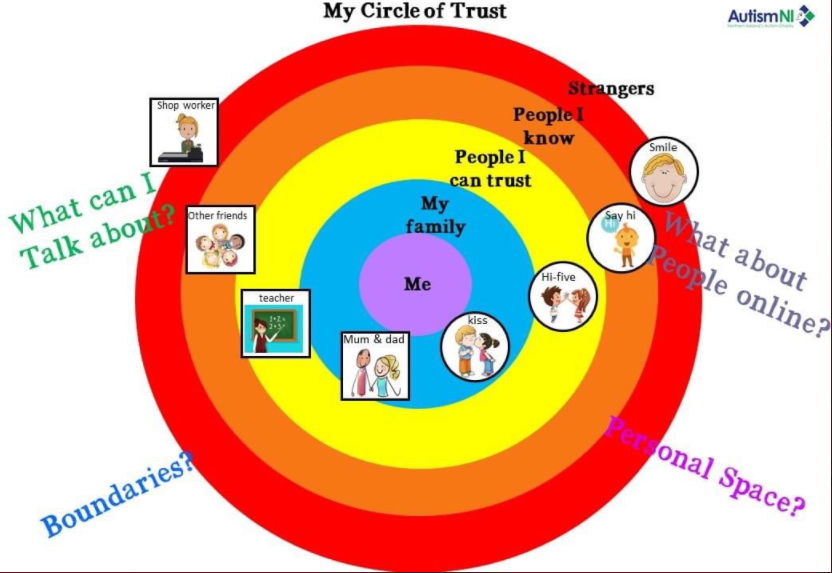Top Notch Info About How To Build Trust With Children

Harris noted that the findings build on earlier research on trust in young children.
How to build trust with children. Director of the rutgers social and emotional learning lab dr. Communication is the cornerstone of trust. When you and parents or carers understand and trust each other, you’ll all be better able to work.
By attentively listening to your child, you show them that their feelings and thoughts are important to you, and you acknowledge what they are. Building a trusting relationship with your children is important, as this influences the impact you can have on them. 5 strategies for building trust with your child 1.
However, if the interactions are cold and distant feeling, then trust and positive. Effective communication builds understanding and trust.
Take time to talk with your child, allow him to ask questions, and provide him with honest answers. As a parent, be a role model for development of a trusting. Components involved in rebuilding trust include listening to the.
You can help your child develop trust—both in you and in themselves—by first learning to be trusting. The more you talk openly with your child, the more your relationship will grow. The best way to teach trust is by modeling, not lecturing.
Trust is an essential component of any healthy relationship, including the one between a parent and child. This is especially true for the children we serve in a therapeutic capacity. This can be scary for parents because there is just so much that could go wrong!
Part of modeling involves keeping your promises. Seek out times to talk with your child. Listen to your child.
Say what you mean, and mean what you say. Being honest is the most important element in building trust. In study 2, we made two important changes:
This article explains how to build trust and the importance of trust in relationships as the keystone of successful and healthy relationships. It is the foundation of any relationship built between people. Manipulative words and actions place.
Thus, the experimenter’s expressed trust significantly reduced the children’s tendency to cheat. Thus, gaining their trust, or regaining it if. Expressing trust in young children can promote their honesty, a new study from the university of toronto, hangzhou normal university, and harvard graduate.


















